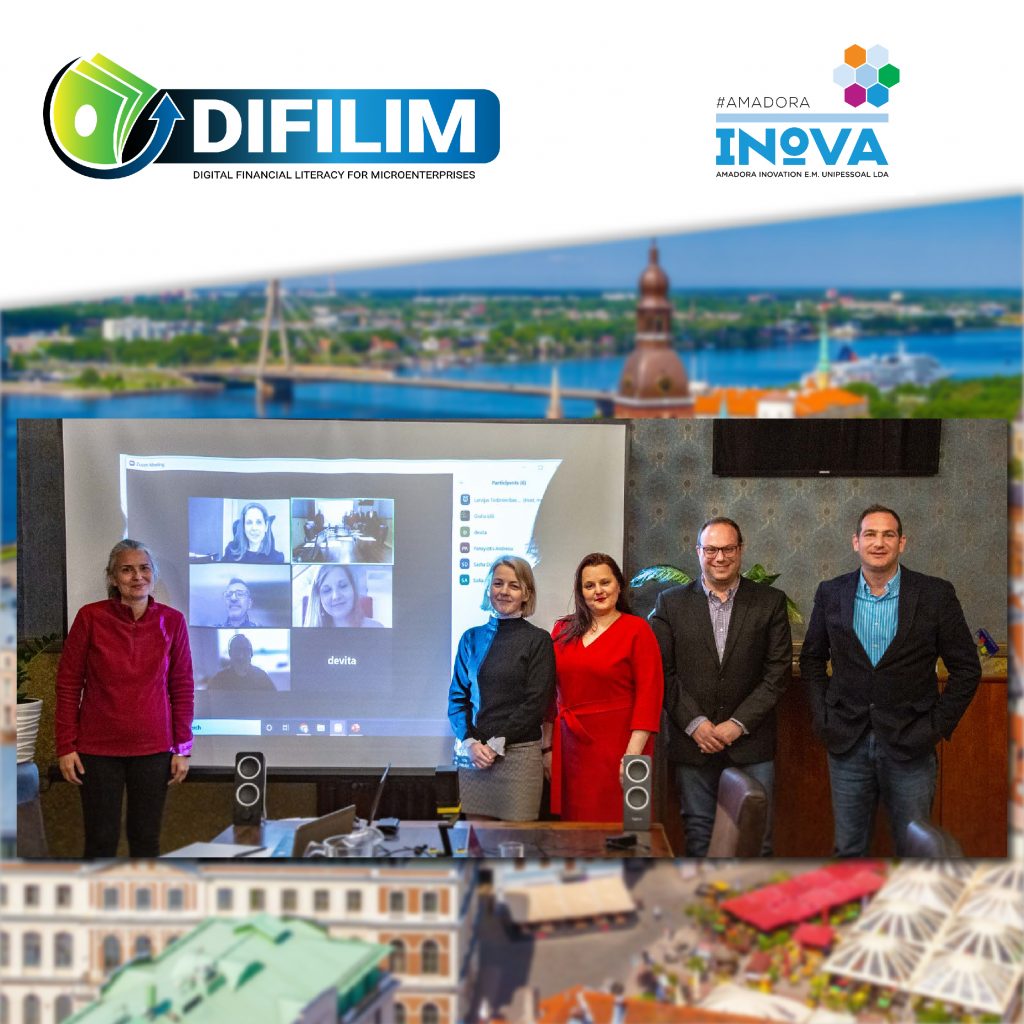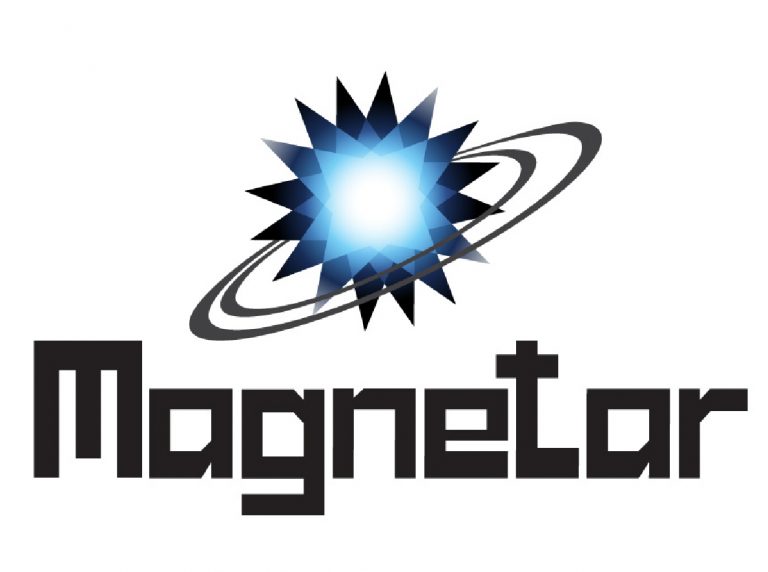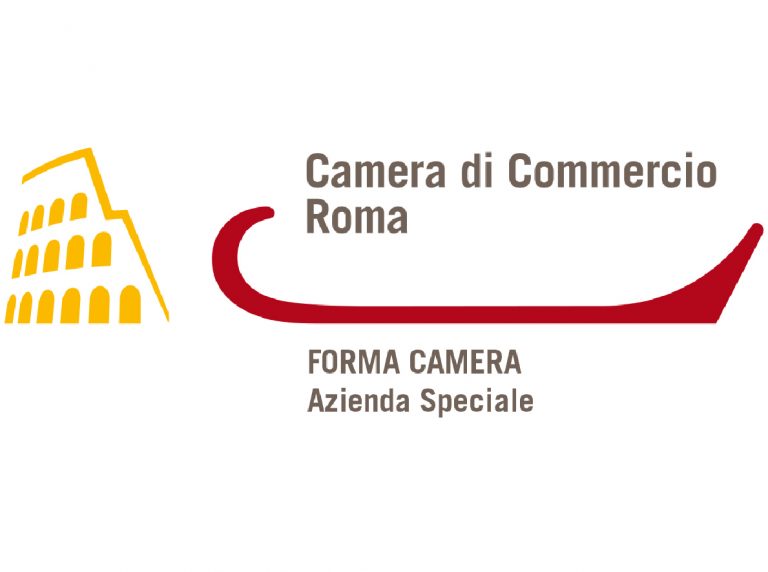THE PROJECT
The DIFILIM project seeks to deliver a curriculum to meet the real needs of entrepreneurs in the areas of financial literacy and digital skills. Through an analysis of the needs of entrepreneurs and the entrepreneurship programmes it will identify the fundamental competencies required in the two disciplines and the gaps in existing provision.
The project will then design and apply a curriculum to deliver these skills in a combination of methods including an e-learning platform. The project aims to create networks at local, regional and European level for spreading good practices of educational integration.
By the implementation of the project, the project will strive to provide improved level of digital and financial skills for employability.

Project activities:
• A situation-based assessment report, tackling the skills gaps
• The development of a training model addressing the main topic of digital financial literacy. The model aims to enhance entrepreneurs’ capacity to undertake responsible financial choices and to understand digital techniques readily available to boost their enterprise’ well-being.
• The development of a free-to-use Toolkit for enterprises
• A series of materials and documents supporting transferability and sustainability of the best practices
• Dissemination events to raise awareness and reaching stakeholders across Europe.
After the project activities, it is expected for MSME’s to:
• Recognise the interaction between personal and business finance
• Become more aware of financing opportunities and (digital) financial risks and opportunities
• Improve their understanding of the digital financial landscape
• Know where to go for help
• Make informed business plans and related choices
• Manage their financial records, planning and risks effectively over the short and long term
• Take other effective actions to maximise the potential of their business for the benefit of their enterprise and that of the wider economy
RESULTS / INTELLECTUAL OUTPUTS

Research on the needs and impact of Digital Financial Literacy on enterprises in each Partner Country
During the project pilot surveys will be conducted among the partner countries to document the level of digital financial literacy of micro- entrepreneurs and map the link between financial literacy core competencies and firm-level well-being.
This is motivated by OECD’s guidance that highlights a range of financial literacy outcomes that may be important to sustain or improve the financial literacy of owners and managers of MSMEs and of potential entrepreneurs in their experience of starting, running or growing a business. Such financial literacy competencies are intended to complement and deepen broader entrepreneurial skills, and to complement more general financial literacy competencies that young and adult consumers need for their own financial well- being.
Going forward, the survey outcomes will inform the development the learning and training needs to foster awareness, knowledge, understanding and skills pertaining to digital financial literacy among members of MSMEs.
Guidebook of Digital Financial Literacy for Microenterprises in each Partner Language
This guidebook will provide:
1. Information about existing support and digital financial literacy skills of organizations in each partner country.
This information allows for entrepreneurs to be aware of the skills they can get, the specialized consultancy and training in advanced topics, or what are the spaces for networking and peer learning with entrepreneurs and training providers are in their respective country.
2. A map of the process to develop digital financial literacy skills successfully, including practical information about how to develop modern skills mindset, available tools, and digital financial literacy to be applied.
The process map intends to be a visually and appealing way to convey the message on the skills advancement and digital transformation needed, focused on a step-by-step approach.
The guidebook will be divided by different steps on the key digital financial literacy competences including, but not exclusive to the modern skillful worker profile.
Online Training Platform development in English and each Partner Language
This project result is the design and development of a website and online training platform which will provide also the possibility of communication between trainers and trainees and the organization of webinars.
The Online platform will contain all training material, interactive interface and a library. The Online Platform will promote collaboration between Learners and between Learners and Trainers. It will also be used for the promotion of all project activities.
ACTIVITIES
DIFILIM 2nd NEWSLETTER
Digital Financial Literacy for Microenterprises It is with great pleasure that we announce the successful completion of the DIFILIM Project...
Read MoreCelebrating the successful conclusion of…
As the calendar turns, we mark a significant milestone in the journey of the DIFILIM project. On 30th November, the...
Read MoreDIFILIM 1st NEWSLETTER
Digital Financial Literacy for Microenterprises About the DIFILIM Project The ultimate purpose of the DIFILIM Project is to contribute towards...
Read MoreDIFILIM concludes successful multiplier events…
The consortium of the DIFILIM project is delighted to announce the successful conclusion of its series of multiplier events, spanning...
Read More
PARTNERS MEETING | DIFILIM PROJECT
On 16 and 17 January 2023 the partnership of the DIFILIM project met in Rome, hosted by the partner FORMA...
Read MoreOne year into the DIFILIM…
As we reach the halfway point of the DIFILIM project, it's a moment to reflect on the progress we've made...
Read More
Thank you Cyprus
The DIFILIM Project held its second transnational meeting in Cyprus, in the city of Limassol, on the 19th and 20th...
Read More
2nd meeting of the DIFILIM…
The DIFILIM Project on digital literacy for micro-entrepreneurs will hold its second transnational meeting in Cyprus, in the city of...
Read More
DIFILIM | Digital Financial Literacy…
👀 Welcome to DIFILIM. Our European project in the area of financial literacy for micro-enterprises. 📈📊 The kick-off meeting of...
Read MorePARTNERS

Latvian Chamber of Commerce and Industry (LCCI) is the biggest association of entrepreneurs in Latvia uniting 6000 Members – micro, small, medium and large enterprises of all regions and industries, associations, city business clubs and other unions of entrepreneurs. LCCI represents the interests of entrepreneurs in governmental institutions on both state and regional level and offers wide list of services as well, as a result ensuring that there are excellent companies in the excellent and successful business environment. LCCI has a wide experience in implementing EU projects – the following experience has been developed through Erasmus+, Interreg, Horizon 2020, Lifelong learning programme, EC calls etc.

Turiba University is leading private University in Latvia specializing in Business, Tourism and IT education. The institution has 3 major faculties: Business Administration, Law Studies and International Tourism Faculty and separate department of Information technologies.
Turiba is intensively expanding its international cooperation and has strong internationalisation strategy. Turiba has experience in international project management, we have been involved and have coordinated such projects as Central Baltic Interreg, Erasmus Mundus, Erasmus for Young Entrepreneurs program, Erasmus and Leonardo da Vinci, JUSTICE, NORDPLUS and ERASMUS+ projects.

Cyprus University of Technology (CUT) is the second largest and one of the leading research Universities in Cyprus, that has high values regarding its academic character and its emphasis on high quality research in major branches of science and technology. Research emphasis at CUT is reflected in the substantial funding provided to academics for the establishment of research centres and laboratories, the support it provides for collaborations with world renowned Universities and Institutions, and the participation of its faculty in several national and European research projects. CUT and particularly the Department of Commerce, Finance and Shipping has contributed both in the Digital Financial Literacy agenda in Cyprus both in terms of research and policy outcomes.

Magnetar Ltd is a consulting, research and project implementation organization and its main activities include design and development of national and EU co-funded projects in the sectors of Business, Entrepreneurship, Startups, Engineering, Energy, Transport and Mobility, Sustainability, Smart Cities and Technologies, Blue and Green Growth, Digital Transformation, Training, Upskilling, Reskilling to name a few. At the core of Magnetar’s capabilities is a team of experienced and highly trained experts that can provide unique insight in a wide range of research teams and consortia supporting them with skills and a wide network of partner organizations and collaborators.

Forma Camera is the Special Agency of the Chamber of Commerce, Industry, Craft and Agriculture of Rome set up for the promotion and organization of training courses, qualification, updating and specialization. The Institute, operational since 1991, does not pursue profit-making. Forma Camera carries out its activity as a specialized structure of the Chamber of Commerce of Rome following principles of efficiency, economy and administrative transparency. The objective of Forma Camera is the raising of the overall levels of knowledge and competence, favoring the meeting between the training system and the production system.

Amadora Inovation E.M. Unipessoal Lda. (Amadora INOVA) is a municipal company created in 2016 with legal personality, administrative and financial autonomy and its own assets and belonging exclusively to the municipality of Amadora with a mandate to develop, within the broader municipal strategy and based on strategic objectives: solutions for quality education designed to reduce school dropout and unsuccess; solutions to fight poverty and promote social inclusion; solution to promote equal opportunities; solutions for entrepreneurship promotion and support; solutions for sustainable and high value projects for the city through innovative approaches based on cooperation at a local, national and international level and aimed to specific areas of intervention.

Inqubator Leeuwarden has been active in the northern part of the Netherlands since its establishment as a foundation in 2010. The focus of Inqubator is on helping (student) start-ups to firmly establish their business and to help them maximize their growth over a maximum period of three years. To this end, Inqubator offers a shared room facility in which start-up entrepreneurs can work on their business plan, get advice on how they should proceed in the development of their business and follow different kinds of workshops and masterclasses.
SOCIAL MEDIA
FOLLOW US:
The European Commission’s support for the production of this publication does not constitute an endorsement of the contents, which reflect the views only of the authors, and the Commission cannot be held responsible for any use which may be made of the information contained therein.

